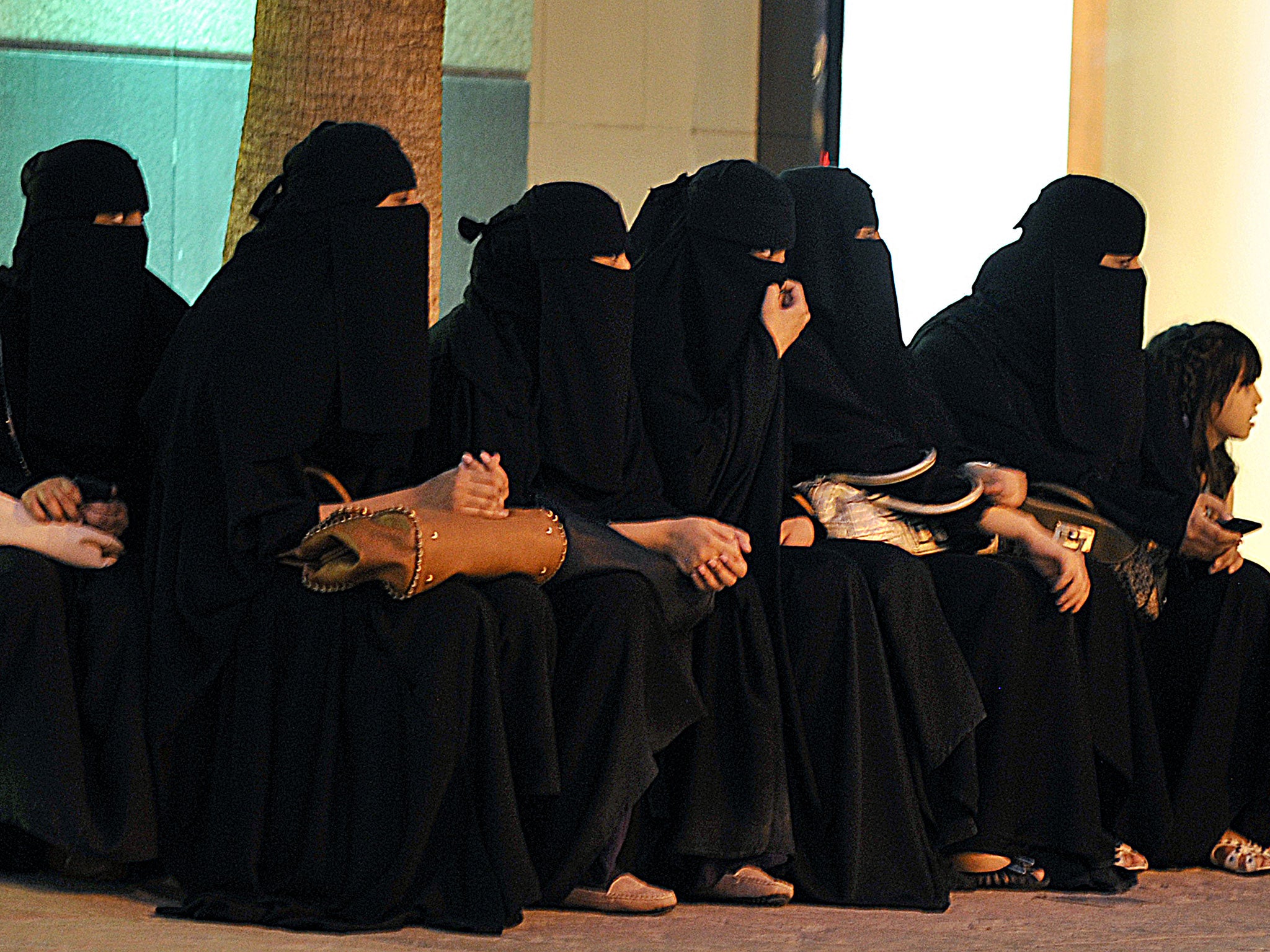Saudi Arabia women councillors segregated from men at meetings
The move is seen as a setback for women's rights following apparent progress in recent elections

Your support helps us to tell the story
From reproductive rights to climate change to Big Tech, The Independent is on the ground when the story is developing. Whether it's investigating the financials of Elon Musk's pro-Trump PAC or producing our latest documentary, 'The A Word', which shines a light on the American women fighting for reproductive rights, we know how important it is to parse out the facts from the messaging.
At such a critical moment in US history, we need reporters on the ground. Your donation allows us to keep sending journalists to speak to both sides of the story.
The Independent is trusted by Americans across the entire political spectrum. And unlike many other quality news outlets, we choose not to lock Americans out of our reporting and analysis with paywalls. We believe quality journalism should be available to everyone, paid for by those who can afford it.
Your support makes all the difference.Female council members in Saudi Arabia have been ordered to sit in separate rooms to their male counterparts and only communicate with them electronically.
Women will be heard but not seen by male council members, according to the Wall Street Journal.
The move did receive some resistance from two female councillors in Jeddah, The Times reports. However, they were quickly overruled by government ministers.
The decision has been criticised by women's rights activists.
"I am really upset," women’s rights activist Samar Fatany told the Wall Street Journal. "You don’t put them out there for show and then marginalize them."
"I believe they didn’t really want women to win," Hatoon al-Fassi, founder of women’s rights group Baladi, said to The Times. "They did not prepare for it."
Elections in December 2015 were the first time women were allowed to vote or stand for political positions.
However, only 17 women gained an elected seat out of 978 candidates, according to the Guardian. The overwhelming majority of candidates elected were men.
Join our commenting forum
Join thought-provoking conversations, follow other Independent readers and see their replies
Comments